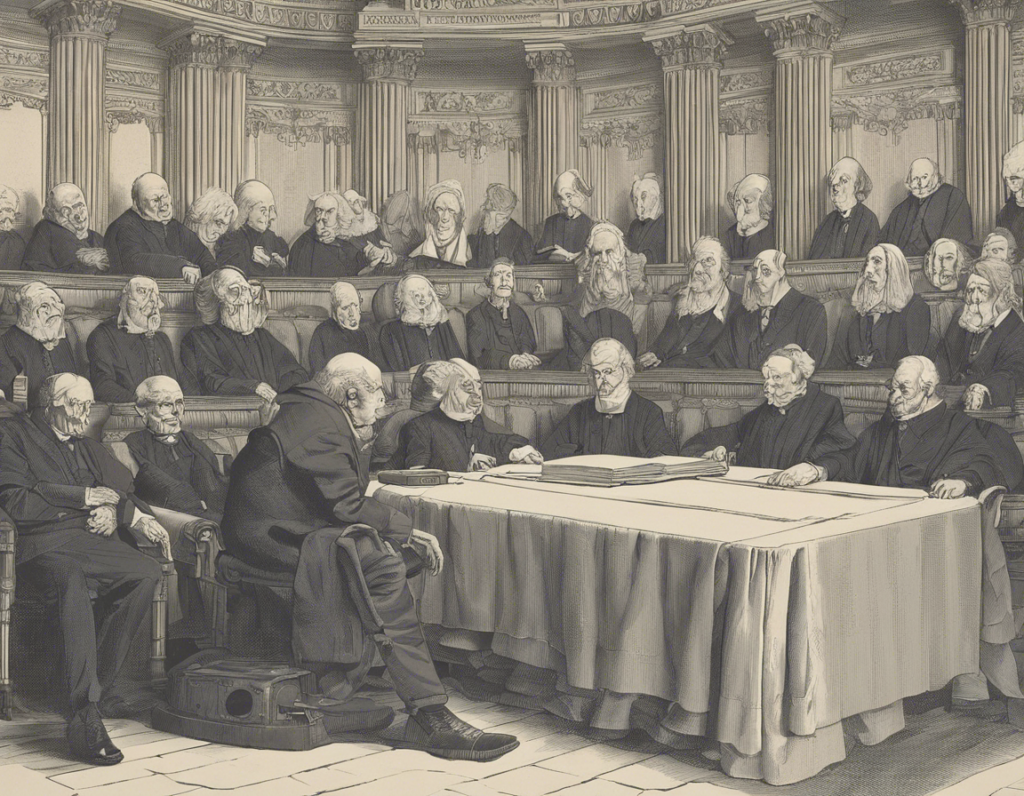Introduction:
The topic of assisted dying has been a contentious issue in many societies around the world. The ethical, moral, religious, and legal implications surrounding the right to die with dignity have sparked intense debates and discussions in various forums. In recent times, parliament has become a pivotal battleground for legislators to deliberate and make decisions on this sensitive topic.
Understanding Assisted Dying:
Assisted dying, also known as physician-assisted suicide or euthanasia, refers to the act of providing assistance to terminally ill individuals who wish to end their lives in a peaceful and painless manner. This assistance can come in the form of prescribing lethal medication, providing the means to end life, or administering the procedure directly.
The Role of Parliament:
Parliaments around the world play a crucial role in shaping legislation related to assisted dying. Lawmakers are tasked with considering various factors, including ethical considerations, patient rights, medical ethics, religious beliefs, and public opinion, when drafting laws related to end-of-life choices.
Key Debates in Parliament:
-
Patient Autonomy vs. Protection: One of the central debates in parliament revolves around the balance between respecting an individual’s right to make decisions about their own life and the need to protect vulnerable individuals from potential abuse or coercion.
-
Medical Ethics: Many parliamentarians grapple with the ethical implications of medical professionals playing a role in ending a patient’s life. The Hippocratic Oath, which emphasizes the duty of healthcare providers to do no harm, often becomes a focal point in these debates.
-
Religious Perspectives: Religious beliefs, particularly those that view life as sacred and inviolable, often inform parliamentary discussions on assisted dying. Legislators must navigate the delicate balance between upholding religious values and ensuring the secular nature of legislation.
-
Social Impact: Parliamentarians also consider the broader societal implications of legalizing assisted dying, including its impact on end-of-life care, palliative services, mental health, and the overall perception of death and dying in the community.
Countries with Assisted Dying Laws:
Several countries have legalized some form of assisted dying, with varying degrees of restrictions and safeguards in place. The Netherlands, Belgium, Switzerland, Luxembourg, Canada, and some states in the United States have laws that allow for physician-assisted suicide or euthanasia under specific circumstances.
Frequently Asked Questions (FAQs):
-
What is the difference between assisted dying and euthanasia?
Assisted dying typically involves a physician providing the means for a patient to end their own life, while euthanasia involves a medical professional directly administering the lethal dose to the patient. -
Are there age restrictions for access to assisted dying?
In countries where assisted dying is legal, there are usually age restrictions in place, often requiring individuals to be of sound mind and above a certain age to access these services. -
How do lawmakers consider public opinion in the debate on assisted dying?
Many legislators conduct public consultations, surveys, and expert testimonies to gauge public opinion and ensure that the views of the broader community are taken into account when making decisions on assisted dying legislation. -
What safeguards are in place to prevent abuse of assisted dying laws?
Assisted dying laws typically include strict eligibility criteria, consultation requirements with multiple healthcare professionals, waiting periods, and reporting mechanisms to prevent abuse and ensure that individuals are making informed decisions. -
How do different cultures and religions influence the debate on assisted dying?
Cultural beliefs and religious teachings often play a significant role in shaping attitudes towards assisted dying. Legislators must navigate these diverse perspectives when drafting laws on end-of-life choices.
In conclusion, the debate on assisted dying in parliament is a complex and multi-faceted issue that requires careful consideration of various ethical, legal, and social factors. As lawmakers grapple with the challenges and responsibilities associated with end-of-life decisions, it is crucial to engage in thoughtful and informed discussions to ensure that legislation reflects the values and needs of society as a whole.
